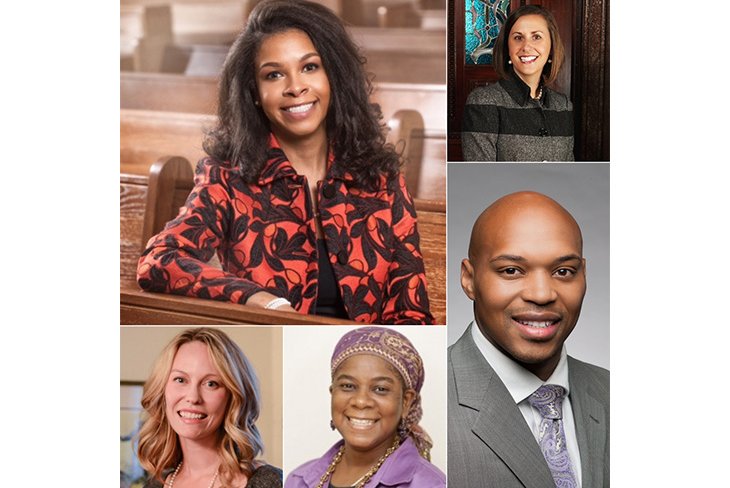Posted in: Lawyers › None

A law license can do more than one would think. Just ask Stinson Ferguson, who wrote an article in the latest issue of SC Lawyer about members of the South Carolina Bar who are using their law degrees in ways that might be considered “nontraditional.” Ferguson herself practices as an associate attorney for the Southern Environmental Law Center and is also a licensed funeral director.
“I wanted to highlight examples of attorneys who have chosen to leverage the knowledge, skills and abilities that come with a JD in non-traditional ways that bring them fulfillment and satisfaction,” Ferguson said. “When you don’t set limitations for yourself, you create opportunities to show how transferable your skills are and how versatile you can be.”
Ferguson sat down with many attorneys who work in different areas of law. She reached out to an attorney in the non-profit realm, government affairs and public policy lawyers, and an executive director to see what they’re doing with their JDs outside the walls of a law firm.
D. Hope Watson is a staff attorney at The Center for Heirs’ Property Preservation. The non-profit world is one that requires legal aid and counsel, and Watson finds herself right in the middle of it. She started her career at the Center as a student intern, and she found herself back at the Center after law school. “I was guided into this career that I love by a collection of grace, education, support and love,” Watson says.
Kimberly Kent didn’t know exactly what she would do with her law degree, but she knew it would be different. Kent is a founder of Copper Dome Strategies, LLC, and has recently found herself at the helm of Kentwool, her late husband’s business with interests in textiles, real estate and retail. Kent partnered with other professionals, including another attorney, to launch Copper Dome. “Combining my legal education with my interest in the political domain turned out to be the right fit for me, and I have been in the public policy and government affairs space ever since,” she says.
Tiggeron “Tiger” Wells is the director of governmental affairs for the Municipal Association of South Carolina (MASC). Wells worked in private practice before accepting his position with MASC. There’s a high level of satisfaction he feels in his special role. “The part I find most fulfilling is having the opportunity to influence public policy in our state, particularly when it comes to the protection and promotion of municipal authority,” Wells says. “Municipal government really is government closest to the people, and in many cases, because of relatively small size and constituent base, it is the level of government least impacted by money in politics and partisanship.”
Life can work in mysterious ways. One of South Carolina’s well-known attorneys never planned on attending law school. When he attended law school, he never planned to practice law after graduation. I.S. Leevy Johnson found the ones around him helped him succeed. Leevy used to manage the operations of his family’s funeral home while also managing his law firm. Now, Leevy’s oldest son manages the law practice, and his youngest son manages the funeral business.
“It is impossible unless you have a talented team to work with on a daily basis. In my case, I was very fortunate that I had superior co-workers to assist me in the law practice and in the funeral business,” he says. “Now I work for both of my sons.”
There are opportunities everywhere for you to use your law license outside of a law firm. Jennifer Olmert is the executive director of Upstate Mediation Center (UMC). Her journey through the work force took her through private practice, to working at the Courts, to finding herself at UMC. Her advice for law students is, “Figure out your passions and strengths, and use your strengths to further your passions.”
